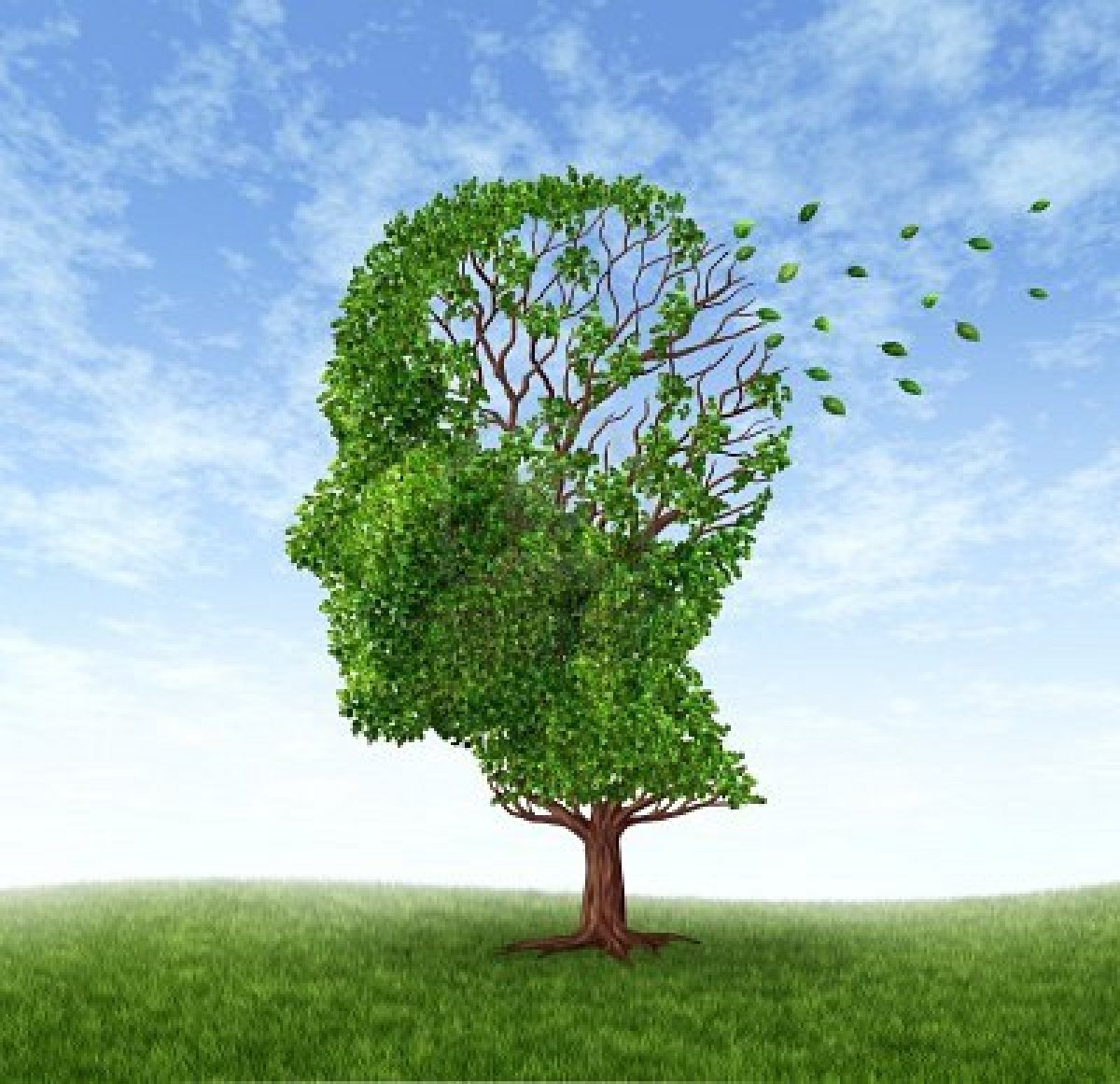by Dr. Michael Murray | Jan 30, 2019 | Alzheimer's Disease, Anti-Aging, Health Conditions, Most Recent, Natural Facts
Introduction The use of acid-blocking drugs, like Nexium and Prilosec, in the treatment of gastroesophageal reflux disease (GERD) and indigestion is a prime example of how drugs designed to only suppress symptoms can create a long list of possible adverse effects and...

by Dr. Michael Murray | Mar 20, 2018 | Alzheimer's Disease, Diabetes, Healing Food Facts, Natural Facts
Introduction: One of the most exciting natural products in current medical research is berberine, an alkaloid found in goldenseal root, barberry bark, Oregon grape root, and coptis (goldthread) root. I previously wrote a newsletter back in 2015 titled “Berberine: An...

by Dr. Michael Murray | Aug 4, 2016 | Alzheimer's Disease
Introduction: The ability to correctly identify odors may prove to be a more functional approach to identifying people at risk for early stages of Alzheimer’s disease (AD). Currently, physicians have to rely on expensive medical imaging (CT, MRI, or PET scans) to look...

by Dr. Michael Murray | Feb 16, 2016 | Alzheimer's Disease
Introduction: The human brain is a marvelously complex system that requires a wide range of nutrients to function properly. Intelligence, memory, behavior and concentration are all influenced by proper brain nutrition. Young or old, our nutritional status plays a...

by Dr. Michael Murray | Sep 15, 2015 | Alzheimer's Disease
Introduction: Resveratrol is a plant compound similar to flavonoids. It is found in low levels in the skin of red grapes, red wine, cocoa powder, baking chocolate, dark chocolate, peanuts, and mulberry. Red wine is perhaps the most recognized source of resveratrol,...

by Dr. Michael Murray | Jul 21, 2015 | Alzheimer's Disease
Introduction: The parallel epidemics of Alzheimer’s disease and type 2 diabetes share many common features. Chief among them are insulin resistance and chronic inflammation. In fact, some researchers have referred to Alzheimer’s disease as diabetes of the brain and...







